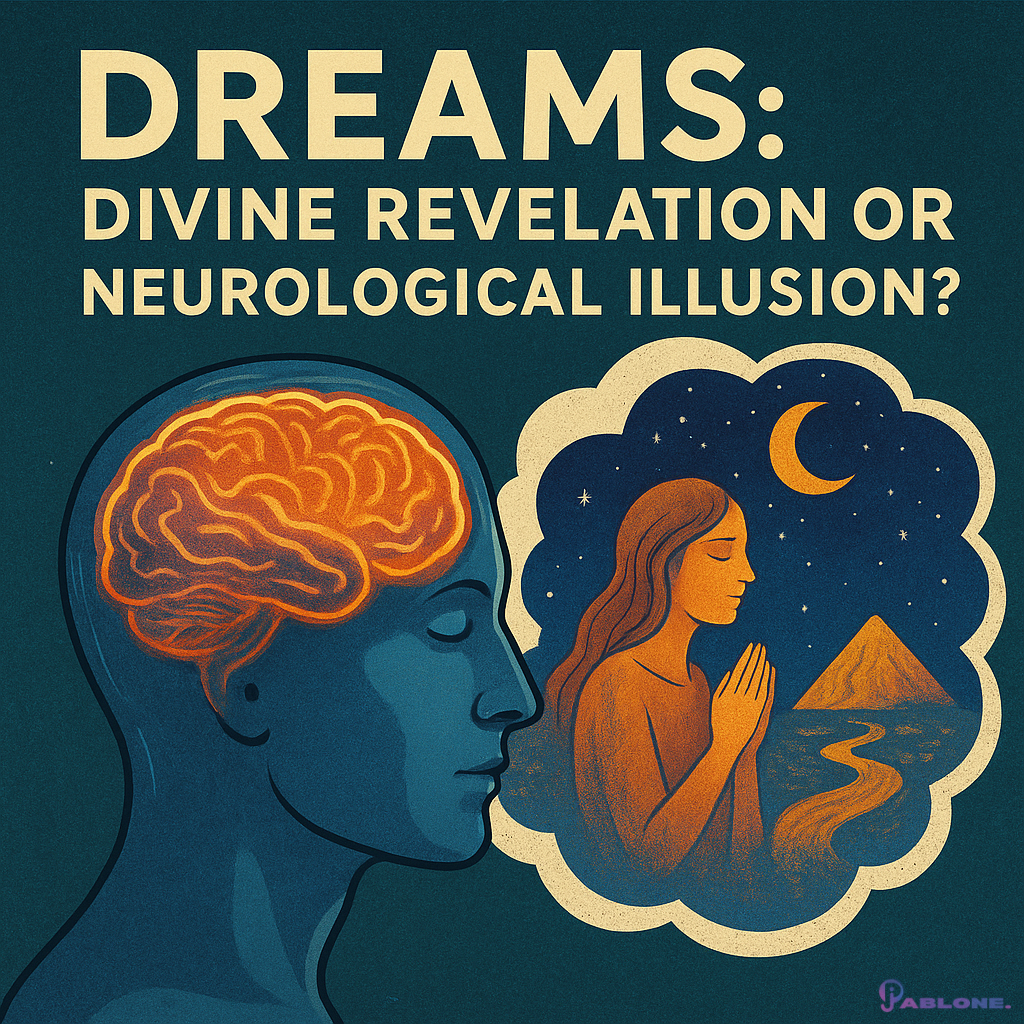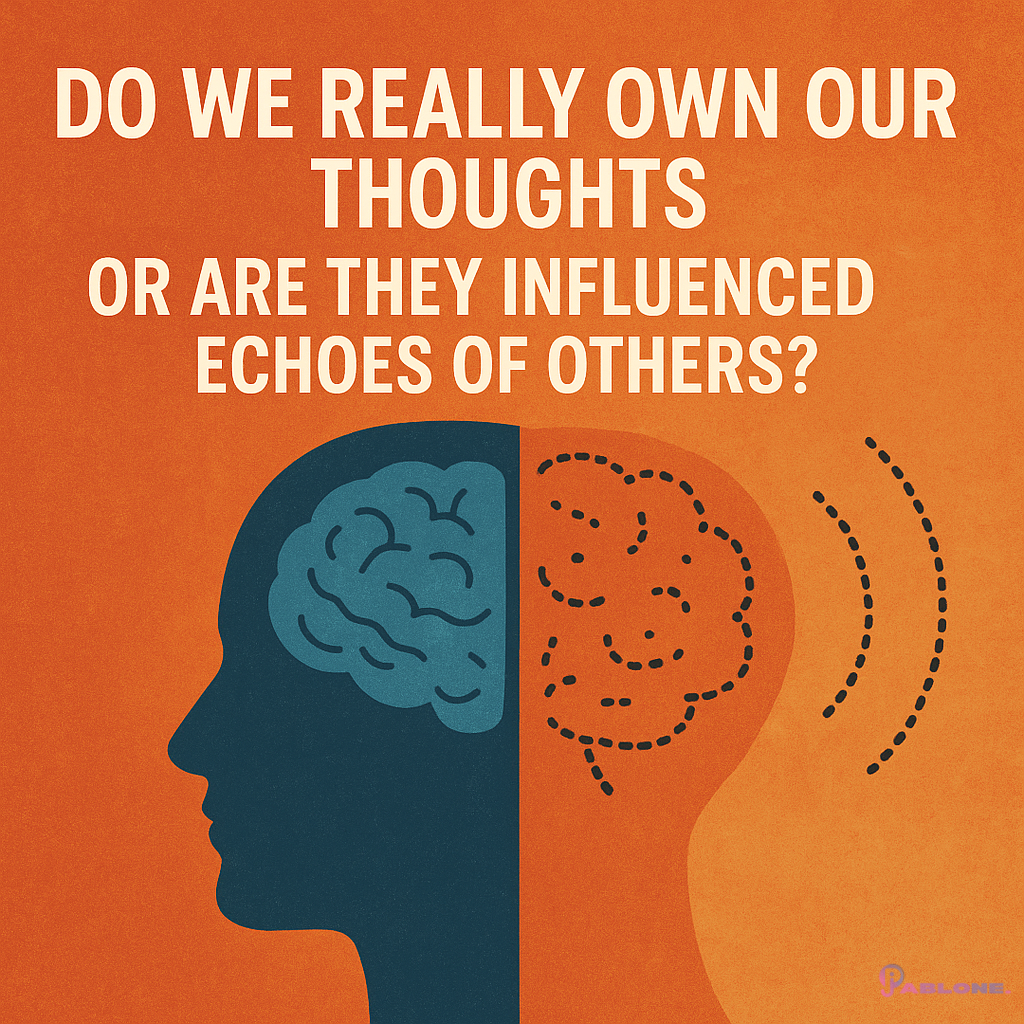Hinduism has a vast pantheon of gods and goddesses, each associated with different aspects of life, nature, and cosmic functions. Below is an expanded list of Hindu deities with their respective domains or “departments” of life:
The Trimurti: The Cosmic Trinity
- Brahma – Creator of the Universe
Department: Creation, knowledge, and wisdom. He is responsible for the creation of the universe and all living beings.
- Vishnu – Preserver of the Universe
Department: Preservation and protection of the universe. He incarnates in various forms (avatars) to restore order, like Rama and Krishna.
- Shiva – Destroyer and Transformer
Department: Destruction and transformation, representing the cyclical nature of life. He is also associated with meditation, asceticism, and the dissolution of ignorance.
Goddesses of Power and Virtue
- Saraswati – Goddess of Knowledge and the Arts
Department: Learning, music, wisdom, and creativity. She is invoked by students, artists, and musicians.
- Lakshmi – Goddess of Wealth and Prosperity
Department: Wealth, prosperity, fortune, and abundance. She is worshipped by those seeking financial success and well-being.
- Parvati – Goddess of Love, Fertility, and Power (Shakti)
Department: Fertility, love, marriage, and motherhood. As Shakti, she represents divine feminine power and energy.
- Durga – Goddess of War, Protection, and Strength
Department: Protection, justice, and empowerment. Durga is invoked to defeat evil and restore righteousness.
- Kali – Goddess of Time and Destruction
Department: Time, death, and destruction of the ego. She represents the dark, transformative aspects of existence.
Gods of Good Fortune, Beginnings, and Strength
- Ganesha – God of Beginnings and Remover of Obstacles
Department: Success, new ventures, and the removal of obstacles. Ganesha is also the patron of intellectuals, writers, and students.
- Hanuman – God of Strength, Devotion, and Courage
Department: Strength, loyalty, selflessness, and devotion. Hanuman is revered for his role in the Ramayana and for protecting his devotees.
Gods of Nature, Elements, and Cosmic Forces
- Surya – Sun God
Department: Light, energy, health, and vitality. Surya is the giver of life and governs time.
- Chandra – Moon God
Department: Emotions, fertility, and time cycles. Chandra governs the mind, moods, and growth cycles.
- Agni – God of Fire
Department: Fire, sacrifice, and transformation. Agni is the mediator between gods and humans, important in Vedic rituals.
- Varuna – God of Oceans and Cosmic Order
Department: Water, justice, and moral order (Rta). Varuna maintains balance in both the physical and moral worlds.
- Vayu – God of Wind and Life Force
Department: Wind, breath, and life force (Prana). Vayu governs the movement of air and is vital for sustaining life.
- Indra – King of the Gods and God of Rain
Department: Rain, thunder, and warfare. Indra is invoked to bring rainfall and victory in battle.
- Kamadeva – God of Love and Desire
Department: Love, passion, and desire. Kamadeva is the Hindu equivalent of Cupid, and he is invoked in matters of romance and attraction.
- Ashvins (Nasatya and Dasra) – Twin Gods of Health and Medicine
Department: Healing, health, and well-being. The Ashvins are divine physicians who cure diseases and protect the health of both gods and humans.
Gods of Death, Wealth, and Guardianship
- Yama – God of Death
Department: Death, judgment, and afterlife. Yama oversees the souls’ journey after death and enforces Dharma (righteousness).
- Kubera – God of Wealth and Treasures
Department: Wealth, earthly treasures, and material abundance. Kubera is the guardian of wealth and prosperity.
Gods of War, Agriculture, and Prosperity
- Kartikeya (Murugan) – God of War and Victory
Department: Warfare, valor, and leadership. He is the commander of the divine army and the protector of righteousness.
- Bhoomi Devi – Earth Goddess
Department: Agriculture, fertility, and the earth’s resources. She represents the nourishing aspects of the planet.
Minor Deities and Spirits
- Vishwakarma – God of Architecture and Craftsmanship
Department: Engineering, building, and creation of tools and weapons. He is the divine architect of the gods.
- Dhanvantari – God of Medicine and Health
Department: Health, healing, and Ayurveda. Dhanvantari is the physician of the gods and the source of medicinal knowledge.
- Shani – God of Karma and Justice
Department: Karma, justice, and the influence of Saturn (Shani). He governs the consequences of good and bad deeds.
- Manasa – Goddess of Snakes and Fertility
Department: Snake protection, fertility, and healing of snake bites. She is especially worshipped in eastern India.
- Nandi – Shiva’s Bull and Protector
Department: Protection, strength, and faithfulness. Nandi is the vehicle of Shiva and a symbol of devotion and loyalty.
- Prajapati – God of Progeny and Creatures
Department: Creation and procreation. Prajapati is responsible for the creation of all living beings and is considered the lord of creatures.
Regional and Tribal Gods
- Ayyappa – God of Discipline and Celibacy
Department: Discipline, purity, and celibacy. Worshipped mainly in South India, particularly at the Sabarimala temple.
- Jagannath – Lord of the Universe
Department: Universal protection and devotion. Jagannath is a form of Vishnu and is particularly revered in Odisha.
- Sitala – Goddess of Disease (especially Smallpox)
Department: Protection from diseases, particularly smallpox. She is revered as a healing goddess.
- Ganga – Goddess of the Sacred River
Department: Purification, forgiveness, and cleansing of sins. Ganga is the personification of the River Ganges, considered the holiest river in Hinduism.
Folk Deities
- Gramadevata – Village Guardian Deities
Department: Local protection and prosperity. Gramadevatas are specific to regions and villages, ensuring safety and abundance in their area.
These gods and goddesses represent different facets of life, from natural elements to abstract concepts like justice, health, and wealth. Worshippers invoke these deities depending on their needs, aspirations, or the challenges they face in life.







Leave a Reply